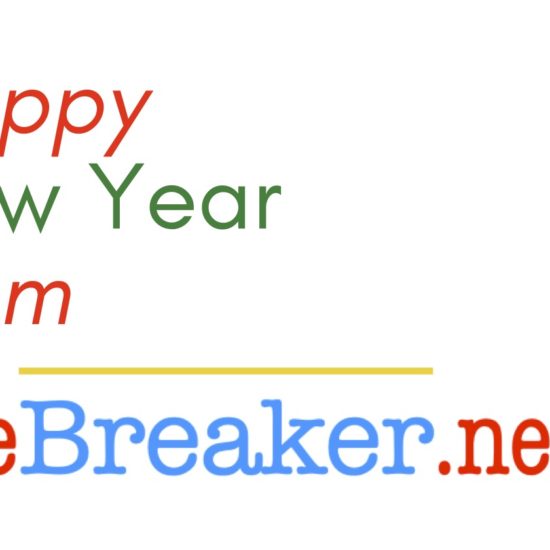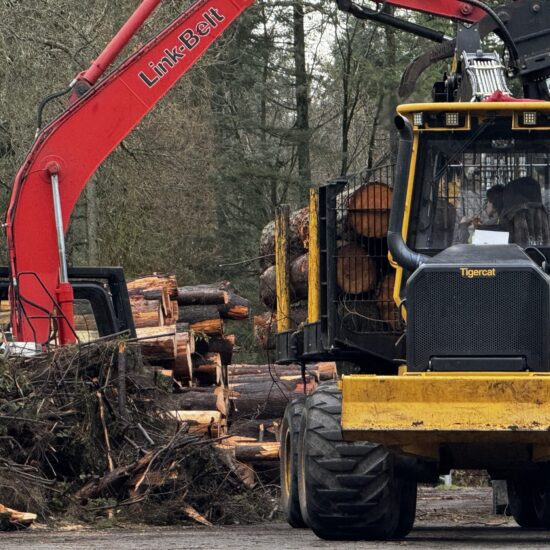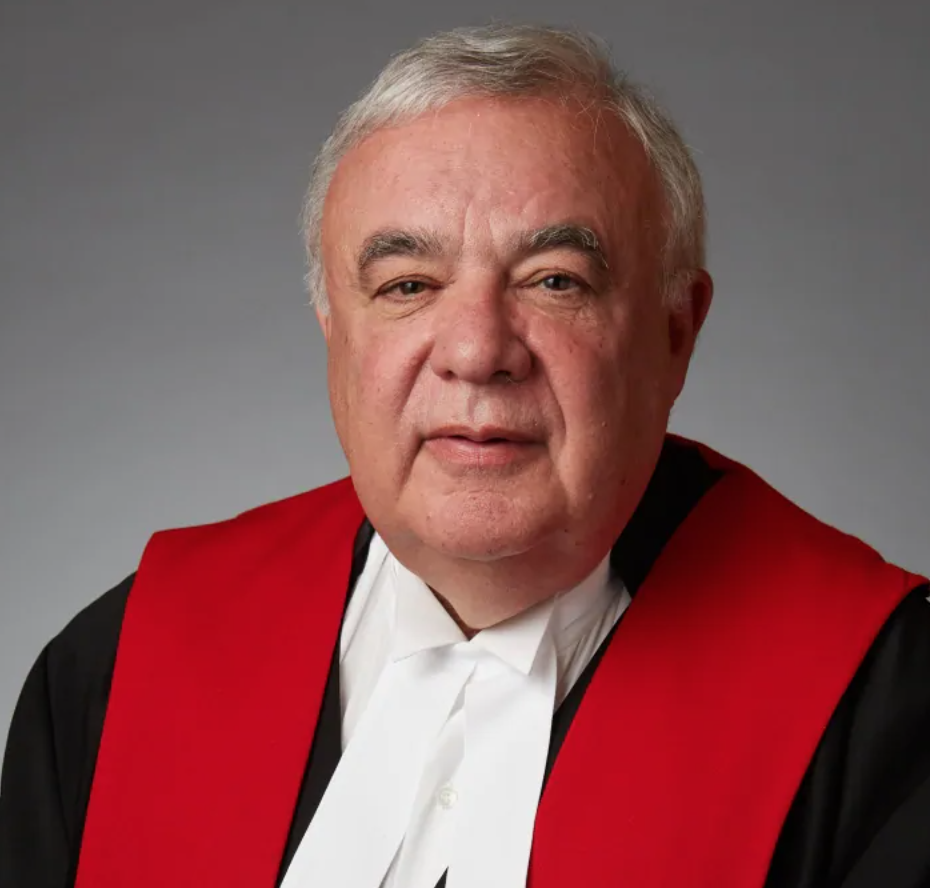
Bob Mackin
It was a case of once bitten, twice shy.
B.C. Supreme Court Chief Justice Chris Hinkson refused on Feb. 17 to grant Dr. Bonnie Henry and the B.C. NDP government an order to shut down three evangelical churches and arrest their pastors and parishioners. For more than three months, the Fraser Valley Christians have flouted pandemic bans on public gatherings. Hinkson threw out Henry’s application because those who broke a port blockade injunction a year ago were not held accountable and he feared a repeat.

B.C. Supreme Court Chief Justice Christopher Hinkson (B.C. Courts)
“I am left to wonder what would be achieved by the issuance of an injunction in this case,” Hinkson wrote. “If it were granted and not adhered to, would the administration of justice yet again be brought into disrepute because the B.C. Prosecution Service considers that it would not be in the public interest to prosecute those who refused to adhere to the orders sought from this Court?”
Hinkson’s written judgement, which followed a Feb. 12 hearing, cited the arrest of six people for defying a court order to ban blockades at Vancouver Fraser Port Authority entrances in Vancouver and Delta. The protesters were part of the nationwide Shut Down Canada anti-pipeline campaign in February 2020.
The B.C. Prosecution Service had ample evidence to charge the protesters and even determined there was substantial likelihood of conviction. Yet, it did an about-face.
“Notwithstanding these conclusions, the B.C. Prosecution Service declined to initiate criminal prosecutions on the basis that it was not required in the public interest ‘given the nature of the offences and the passage of time during the COVID pandemic’,” Hinkson wrote.
“Despite the finding of [Justice Michael Tammen] that the blockade he had dealt with constituted a direct attack on the rule of law by an organized group voicing disapproval of a court order, the reputation of administration of justice was brought into disrepute because no consequences were pursued.”
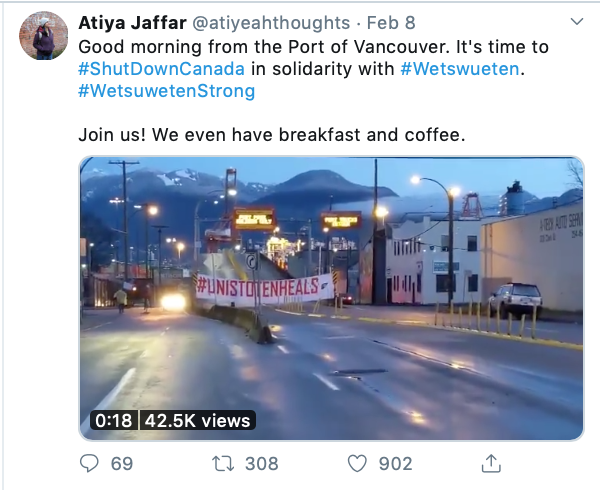
Lack of charges for port blockaders led was behind Hinkson’s Feb. 17 ruling (Twitter)
When it came to the three evangelical churches in the Fraser Valley, Hinkson was blunt.
“To be clear, I am not condoning the petitioners’ conduct in contravention of the orders that they challenge, but find that the injunctive relief sought by the respondents should not be granted.”
Hinkson acknowledged the terrible pandemic and how the government and Henry are doing their best to “protect us from the ravages of the pandemic.
“Many are finding solace and comfort in these troubled times in their religious views and practices, and gathering together with others who share their views and practices.”
Riverside Calvary Chapel of Langley, Immanuel Covenant Reformed Church of Abbotsford and Free Reformed Church of Chilliwack, with the support of the Alberta-based Justice Centre for Constitutional Freedoms, had already scheduled a March 1 court hearing. They want a judge to overturn the violation tickets they have received because they say the public health order banning church services violates the Charter of Rights and Freedoms guarantees on freedom of peaceful assembly and freedom of religion.
The province’s application conceded the pandemic rules take away fundamental freedoms, but should be allowed because they are subject to reasonable limits in a democratic society. Public health trumps individual liberties, the government contends.
Yet, the churches’ lawyer, Paul Jaffe, noted the contradiction. Pubs and gyms remain open, despite those activities not being mentioned in the Charter. After the Justice Centre’s legal challenge, Henry amended the public health order to allow public protests.
The government said the services generally occur indoors with a large number of people from different households, lasting longer than 15 minutes, causing a higher risk of spread and infection of the disease among high risk groups, such as the elderly, and involve talking and singing, which help spread the virus.
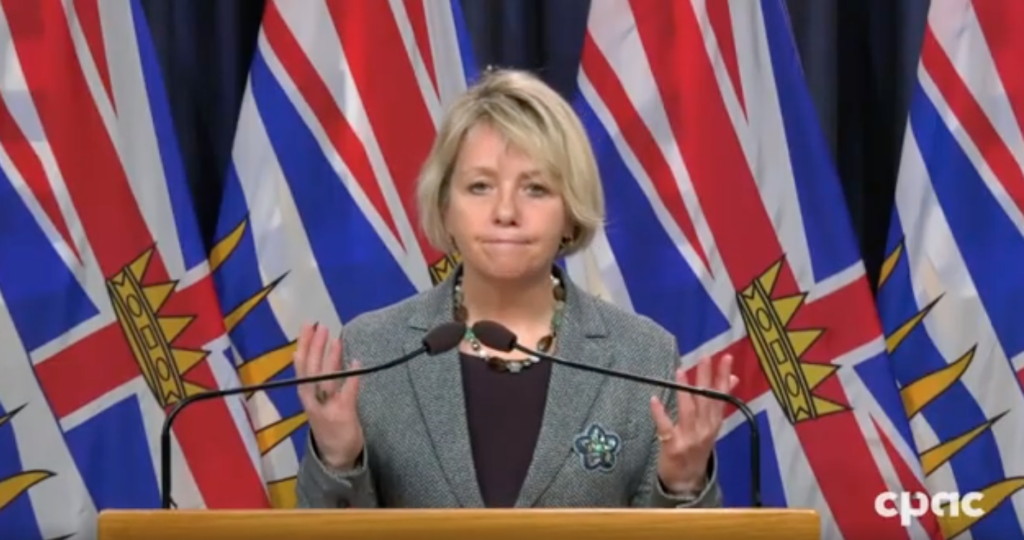
Dr. Bonnie Henry shrugs after admitting a major Fraser Health data error in November (CPAC)
Hinkson said affidavits from the churches include evidence of safety plans, including physical distancing, limiting numbers of parishioners use of hand sanitizer and provision of masks. The Chilliwack RCMP has already forwarded a report to the B.C. Prosecution Service to determine whether there should be charges.
A statement attributed to Henry, and released by the Ministry of Health, said she respects the decision.
“Based on the science and evidence, I put public health orders in place to protect faith leaders, their congregations and the communities in which they worship. These are legal orders that apply to everyone in our province, and most churches are following them. I thank each of them,” Henry said.
“Three churches have filed a charter challenge of the provincial events and gatherings order. While this legal challenge is heard, everyone must continue to follow the orders to protect themselves and their communities.”
Justice Centre staff lawyer Marty Moore said the churches were relieved with Hinkson’s decision.
“The B.C. government was seeking a court order for police to scrutinize the intentions of individuals and detain them if police believed they intended to attend a prohibited worship service,” Moore said.
Support theBreaker.news for as low as $2 a month on Patreon. Find out how. Click here.







